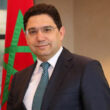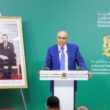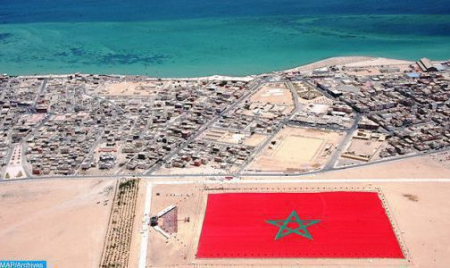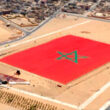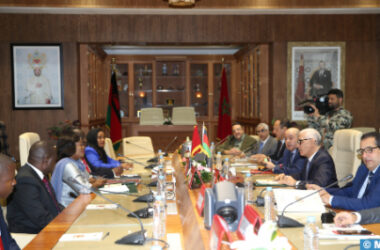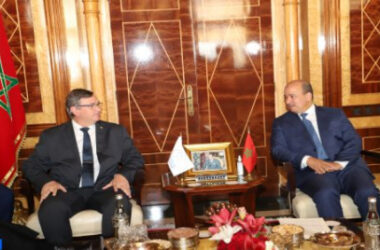The speakers at this meeting, organized on Wednesday by Ibn Tofail University, in partnership with the National Center for Scientific and Technical Research (CNRST), said that this is a historical change made by Spain on the issue of the Sahara that takes into account the diplomatic successes achieved by Morocco.
The historian and researcher in the history of Moroccan-Spanish relations, Ali Rissouni El Idrissi El Hassani, said that the autonomy initiative presented by Morocco for a final solution to the artificial conflict over the Sahara is “a realistic solution in line with historical developments,” citing the Kingdom’s diplomatic successes in this direction, including the U.S. recognition of Morocco’s full sovereignty over its Sahara.
He also referred to the “positive position” adopted by Spain, recognizing that the Moroccan autonomy initiative in the southern provinces of the Kingdom is the most serious, realistic and credible solution to the Sahara conflict.
For his part, the professor at Rabat’s Mohammed V University, specialist in the history of the Moroccan Sahara, Noureddine Belhaddad, stressed the struggle of the Alawi Sovereigns for the national cause, in the symbiosis and loyalty that unite the throne and the people.
Belhaddad noted that this struggle continues under the reign of His Majesty King Mohammed VI, marked by the consolidation of international conviction and recognition of the full sovereignty of Morocco over the Sahara, as well as the achievements of major powers such as the United States.
For his part, the researcher in political science at the Moroccan Center for Studies and Research, Abdelfattah Naoum, said that the Spanish decision to support the autonomy initiative in the southern provinces represents a positive change in the position of this country on the issue of the Moroccan Sahara.
It is, he continued, a position “formulated according to a logic that goes hand in hand with the growing place of Morocco on the international scene and the positions of major powers in favor of the sovereignty of the Kingdom over its Sahara.”
Naoum said that with this new position, Spain has not only recognized the relevance of the Moroccan autonomy initiative, but is part of an international orientation imbued with the conviction that “the response to security challenges in the Sahel and Sahara region necessarily requires the recognition of the Moroccan Sahara.”
The organization of this symposium is part of the program to support scientific research in humanities, social sciences and economics in areas related to current issues: the question of national unity and the southern provinces.


